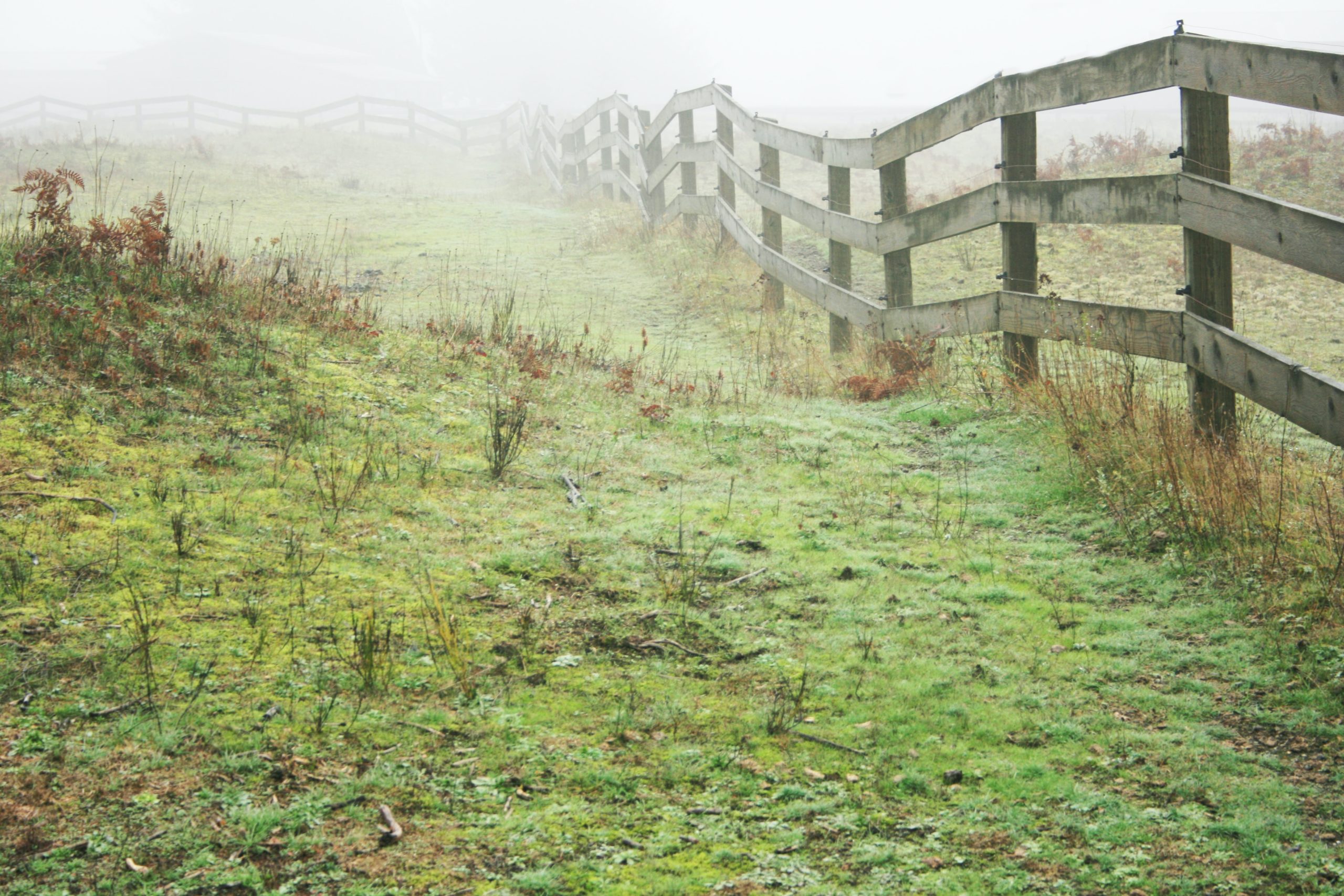When Good Fences Are Not Good Neighbors: Navigating Common Fence and Neighbor Disputes in Washington

Posted on November 23, 2020 by Harman Bual
With everyone spending much more time at home due to the COVID-19 pandemic you might be reevaluating your relationship with your neighbors. What once seemed like a mere annoyance could now be interfering with your enjoyment and use of your property. What are your rights in some of the more common neighbor disputes and what should you do to protect these rights?
Boundary Fences and Boundary Lines
If you erect a fence along the boundary between you and your neighbors’ property, you are allowed to seek reimbursement from your neighbor for half the cost. Similarly, you and your neighbor are required to equally split the costs and effort of maintaining this fence. However, prior to building this fence you must give your neighbor notice.
If you do not want to have to share the fence with your neighbor, you can build the fence within your side of the boundary line. However, it bears noting that the common law principles of boundary acquisition and adverse possession could come into play in the future if you choose this route. Boundary by acquiescence means that when two parties jointly treat the boundary between their two adjoining properties for a long period of time in a way that differs from the official boundary (such as what is recorded in the official County records), then you and your neighbors behavior can actually change the actual boundary line after enough time passes. However, boundary by acquiescence can be prevented by an agreement between you and your neighbor. So, if you want to build a new fence within the true boundary line to avoid having to work together to maintain the fence, get an agreement from your neighbor, preferably in writing, that this fence is not the boundary line.
Relatedly, the concept of adverse possession arises when an individual has had possession, without being on the titled, of a piece of property for a long time (ten years in Washington). In this situation, that person could possibly be entitled to ownership of the land. To prevent adverse possession, you should survey your property to discern the true boundary, and make sure that you are regularly using and taking care of your own land. If your neighbor starts using some of your land and you do not challenge them, then your neighbor could eventually become entitled to ownership of that land.
Similarly, if you built a fence years ago and you and your neighbor have been treating it as the boundary line ever since, you could be entitled to redraw the boundary lines accordingly. If you are interested in claiming ownership to land you have been treating as your own for years along your boundary you should contact a lawyer to walk you through the process.
Spite Structure
If your neighbor builds a “spite fence” (a fence or structure built with the purpose of annoying, injuring or spiting a neighbor) on your land, you may have rights under Washington law. RCW 7.40.030. The Court has found that a single tree that was planted with spiteful intent could be considered a spite fence under this statute.
If your neighbor threatens to file a spite fence/structure you can ask the court to prevent them from building it. If you’re too late and the fence or structure is already built, you can get the Court to order your neighbor to remove it.
Nuisance
Nuisance under Washington law includes acts that “annoy, injure, or endanger the comfort, repose, health or safety of others that renders other persons insecure in life or in the use of property”. An activity constitutes a nuisance when it interferences unreasonably with a neighbor’s use and enjoyment of his or her property. What constitutes a nuisance is a fact-specific inquiry and the Court will balance whether the party accused of creating a nuisance is using their property reasonably with the rights, interests, and convenience unique to each case. However, a thing that is unsightly or offends the sense of a neighbor does not ordinarily make it a nuisance.
If you believe that your neighbor is unreasonably affecting your use and enjoyment of your property, it is worth it to try to attempt to resolve the issue prior to involving a court of law. You can contact a lawyer to help you navigate the particulars of the case and help you draft correspondence to your neighbor to put them on notice of your potential claims against them.
Tree Trimming
If a neighbor’s trees limbs extend over the property line into your yard, you can cut the branches to the point they extend over the property line, but you cannot cut down the whole tree. If you cut down your neighbor’s tree you will be liable for timber trespass. Timber trespass occurs when a person “cuts down, girdles, injures, or carries off” any tree on the property of another. This includes shrubs. If you are maintaining trees or shrubs close the border of the property line, you should be careful to only remove those trees or shrubs that you are sure are on your property and/or only cut the limbs that extend over your property line. Further, if by trimming the limbs, you kill the tree or shrub you could be liable under the timber trespass statute.
The timber trespass statute is trap for the unwary, as it provides for treble damages and attorney’s fees. In other words, if you improperly cut down your neighbor’s tree, you would be liable for 300% of the tree or shrub’s worth, plus the attorney’s fees your neighbor incurs in securing payment. Needless to say, it can be an expensive mistake. This is another reason to be on the same page about boundary lines with your neighbor.
Conclusion
Conflicts or disputes involving trees, boundary lines, and neighbors require a delicate touch. These cases are often fact-specific and benefit from an attorney’s early involvement. Litigation can often be prevented with strategic pre-suit negotiations. If you are concerned about your rights attendant to the trees/shrubs along your boundary line, the boundary line itself, or fences on that boundary line, the attorneys at Lasher are here and willing to help.

